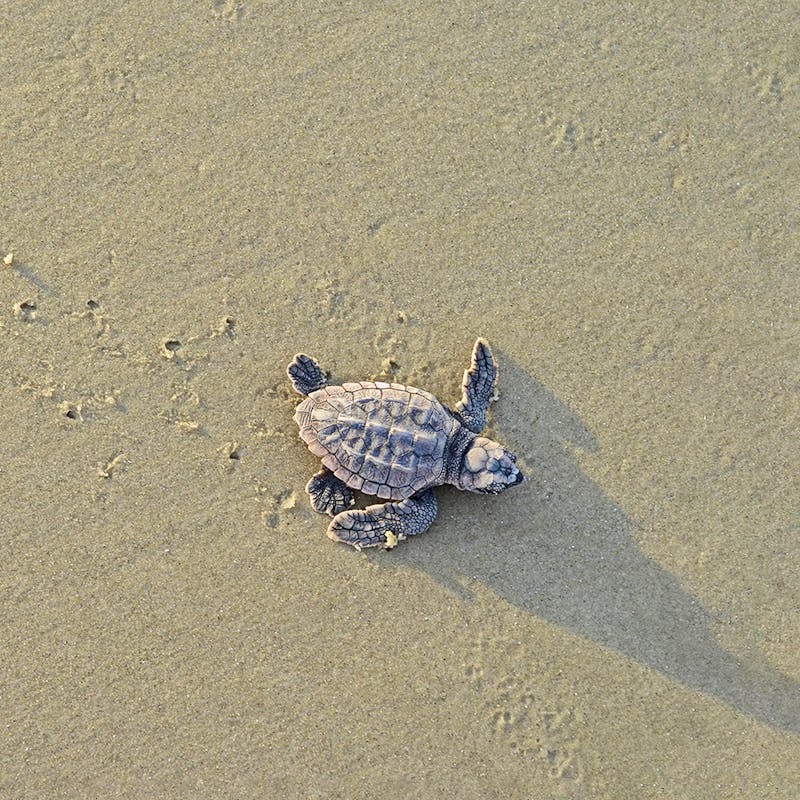Defenders pushes for offshore standards, House adopts ‘drill, baby, drill’
by Heidi Ridgley
Clean up from the largest human-caused environmental disaster in U.S. history in the Gulf of Mexico last year isn’t close to over. Tar balls continue to wash ashore, marsh grass remains fouled and dying, and oil found on the seafloor earlier this year does not seem to be degrading, according to research from the University of Georgia.
BP’s Deepwater Horizon well explosion gushed an estimated 53,000 to 63,000 barrels of crude oil per day into the Gulf for 87 days, leaving 12,000 jobless, killing thousands of birds, sea turtles and other wildlife and jeopardizing the future of 400 species of marine wildlife.
But the way President Obama and some members of Congress are acting, it seems like the Deepwater Horizon catastrophe never happened.
Pressured by rising gas prices and the Republican-controlled House, Obama ordered the Interior Department in May to expand drilling in the Gulf and to hold annual lease sales in Alaska’s National Petroleum Reserve—the 23 million acres provides critical habitat for peregrine falcons, moose, wolves and other wildlife on the North Slope of Alaska.
The push for more drilling comes as Congress has yet to pass any legislation to ensure safer operations in any water depth, provide better spill response or lift the existing liability cap that protects Big Oil.
Meanwhile, the House recently approved three drilling bills, including one that aims to fast-track permits for offshore drilling. Called “Putting the Gulf of Mexico Back to Work Act,” it would ensure the automatic approval of drilling permits that weren’t reviewed by the federal government within 60 days, bypassing all environmental regulation. Another bill would open new areas to oil and gas drilling off the coasts of California, Florida, Massachusetts, North Carolina, Virginia and in the Arctic Ocean. Fortunately, these proposals did not pass the Senate—where opposition to expanded offshore drilling is stronger and where the risky off shore drilling bill introduced by Sen. Mitch McConnell (R-Ky.) failed in May.
“Instead of rushing to open more of our sensitive waters to drilling, we must first fix what went wrong in the Gulf,” says Jamie Rappaport Clark, Defenders’ executive vice president. “Congress needs to take action to secure all our coastlines from a future oil disaster.”
Defenders continues its work to hold BP accountable for the region’s devastation and is pressing Congress for legislation to improve offshore-drilling safety standards and to make the industry accept full financial liability for its mistakes. Through a lawsuit filed last October, Defenders is calling for the court to ensure that BP provides the resources necessary to help species recover. To prevent future disasters, Defenders is seeking changes to the environmental review and permitting process for offshore drilling. Through the Restoration Task Force in the Gulf and the Natural Resource Damage Assessment process, Defenders is also helping to determine which efforts are most critical to rehabilitating and restoring the region.
“Wetlands and beaches were on the front lines of the damages and they should be in the front of the line for relief,” says Timothy Male, Defenders’ vice president of conservation policy.
Only select articles from Defenders are available online. To receive 4 issues annually of the full award-winning magazine, become a member of Defenders of Wildlife!


